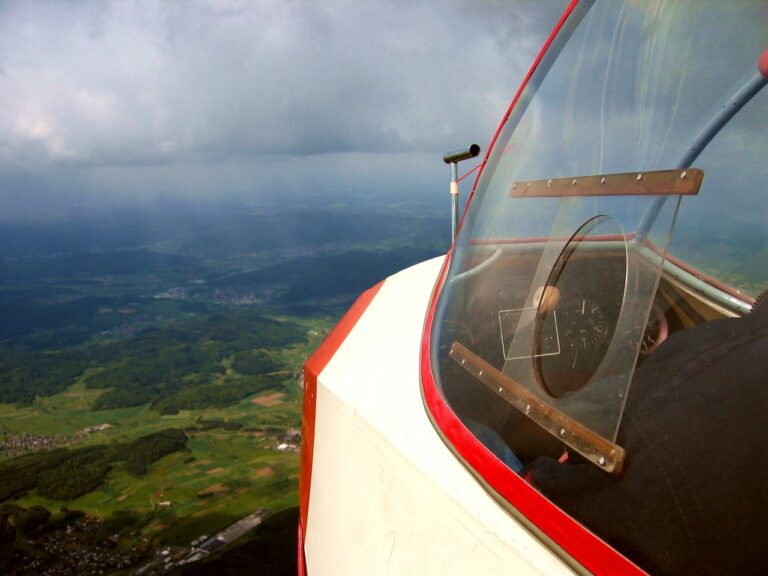The Role of Virtual Events in Hotel Marketing and Engagement: Laser 247 book, Silverexch com, 11xplay
laser 247 book, silverexch com, 11xplay: As the hospitality industry continues to evolve, hotels are constantly looking for new and innovative ways to attract guests and drive engagement. One strategy that has gained popularity in recent years is the use of virtual events. These events allow hotels to connect with their audience in a more personalized and interactive way, ultimately leading to increased brand awareness and customer loyalty.
Virtual events have become an invaluable tool for hotel marketing, offering a cost-effective way to reach a large audience without the need for physical presence. Through webinars, virtual tours, live streams, and online workshops, hotels can showcase their unique features and services to potential guests from around the world.
Here are some key ways in which virtual events can enhance hotel marketing and engagement:
1. Increased Reach: Virtual events allow hotels to reach a wider audience than traditional marketing methods. By hosting online events, hotels can attract guests from all over the globe, expanding their reach and driving brand awareness.
2. Cost-Effective: Virtual events are much more cost-effective than traditional onsite events. Hotels can save money on venue rentals, travel expenses, and other logistical costs, making virtual events an attractive option for hotels of all sizes.
3. Personalization: Virtual events allow hotels to create personalized experiences for their guests. By tailoring content and offerings to specific audiences, hotels can better connect with their guests and build stronger relationships.
4. Engagement: Virtual events offer a unique opportunity for hotels to engage with their audience in real-time. By hosting live Q&A sessions, polls, and interactive activities, hotels can create a more immersive and engaging experience for their guests.
5. Data Insights: Virtual events provide hotels with valuable data insights that can be used to improve future marketing efforts. By tracking attendee demographics, engagement metrics, and other key performance indicators, hotels can fine-tune their marketing strategies for even greater success.
6. Sustainability: Virtual events are also more environmentally friendly than traditional onsite events. By reducing the need for travel and paper materials, hotels can minimize their carbon footprint and contribute to a more sustainable future.
In conclusion, virtual events play a crucial role in hotel marketing and engagement, offering a cost-effective and personalized way to connect with guests from around the world. By harnessing the power of virtual events, hotels can drive brand awareness, increase customer loyalty, and stay ahead of the competition in today’s increasingly digital landscape.
—
FAQs
1. How can hotels promote their virtual events?
Hotels can promote their virtual events through social media, email marketing, online advertising, and partnerships with relevant influencers and organizations.
2. What types of virtual events are most effective for hotel marketing?
Some of the most effective types of virtual events for hotel marketing include webinars, virtual tours, live streams, online workshops, and virtual networking events.
3. How can hotels measure the success of their virtual events?
Hotels can measure the success of their virtual events through metrics such as attendance rates, engagement levels, feedback surveys, and conversions to bookings or other desired actions.







